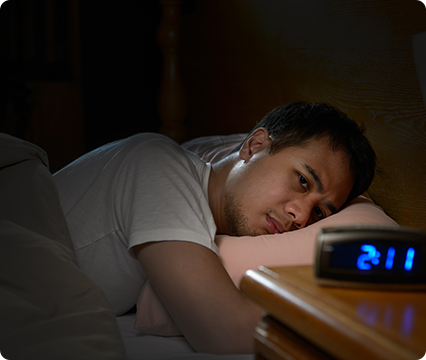Fruit and vegetable consumption is protective from short sleep and poor sleep quality among university students from 28 countries
In this 2020 study, Pengpid & Peltzer investigated the relationship between fruit and vegetable intake, sleep duration, and sleep quality in a multinational sample of university students. The median age of the 21,027 students from 28 different countries was 20 years. While short sleep was reported in 38.9% of the students, 12.8% managed to get long sleep. Quality of sleep was low in 9.6% of the population, while restless sleep was more common at 19.7%. The study also found that the prevalence of short sleep declined in a linear manner as fruit and vegetable consumption increased beyond ≥2 servings per day. The intake of 2 fruit and veg portions every day was associated with a 21% decrease in incidence of short sleep. Interestingly, the consumption of 5 and 7 servings/day was linked with a 34% reduction in risk of long sleep. Looking at the final adjusted analysis model, 3 fruit and vegetable servings per day appeared to correlate with a 49% drop in probability of getting poor quality sleep. Furthermore, the chances of restless sleep were reduced by the consumption of 5 or more fruit and vegetable portions per day. To summarize, these findings provide evidence of a connection between insufficient fruit and vegetable in the diet and short sleep, as well as an inverse relationship between fruit and vegetable consumption, poor sleep quality, and restless sleep. [NPIDs: insomnia, sleep, sleep quality, sleep duration, fruit, vegetables, FV intake, students, restless sleep]
Year: 2020
 Navigation
Navigation






